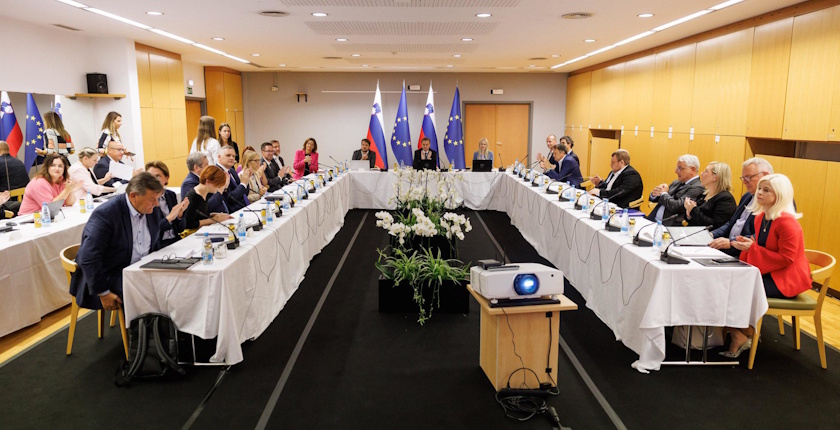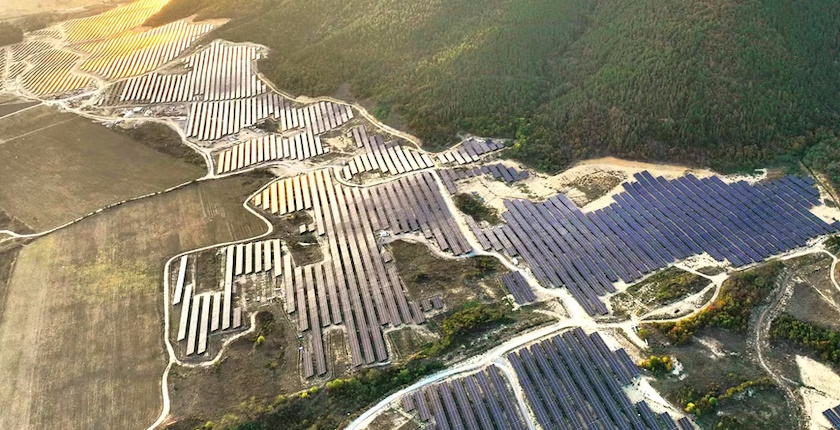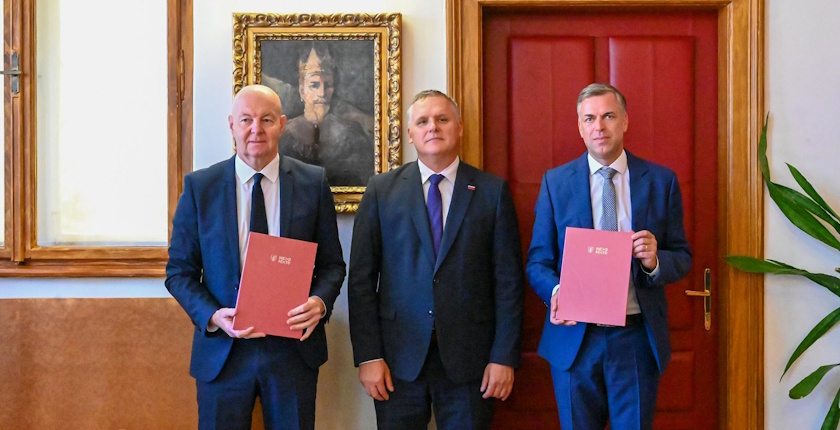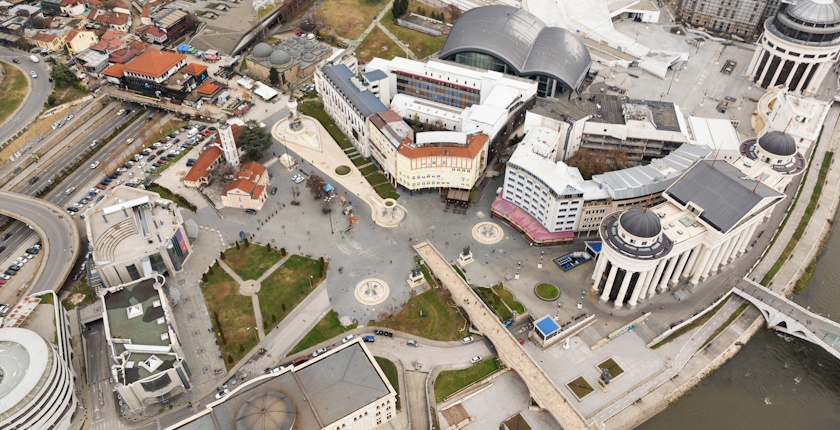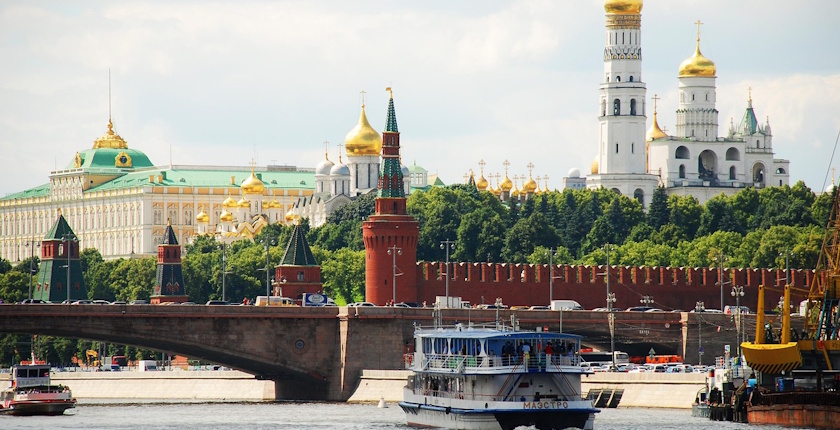
Serbia in talks with Rosatom on nuclear power plant project
Serbian authorities and Rosatom have begun talks on the nuclear power plant construction project, according to the Ambassador of Serbia to Russia Momčilo Babić.
Serbia recently completed the preliminary technical study on the peaceful use of nuclear energy in the country. However, the country is still a long way away from the potential construction of a nuclear power plant, according to Minister of Mining and Energy of Serbia Dubravka Đedović Handanović.
So far, Serbia has established contacts or started cooperation on nuclear energy with China, France, Russia, Slovenia, South Korea, and the United States.
Serbia is seriously discussing the issue with Rosatom, the country’s Ambassador to Russia Momčilo Babić told Izvestia.
Babić: There’s no better company than Rosatom
He underlined that there’s no better company in the world to build a nuclear power plant. Babić is confident that there will be progress in the coming years, as he argues that Serbia needs electricity. The country will “do it anyway,” the ambassador added.
According to Igor Yushkov, an expert at the Financial University and the National Energy Security Fund, it is possible that Russia will also provide Belgrade with a preferential loan, in line with its standard practice.
Nuclear energy is experiencing a global renaissance, and the states created after the Socialist Federal Republic of Yugoslavia fell apart in the early 1990s are no exception.
US-based nuclear power startup Aalo has begun the construction of an extra-modular reactor, a type of modular reactor, which could introduce big changes in the sector.
Everyone wants to build a nuclear power plant
As for Europe, Germany has changed its mind on nuclear energy in the continent, agreeing with France to work together on shaping a common European energy policy. The strategy would include nuclear power as a low-carbon energy source.
Slovenian authorities are developing the Krško 2 project. A few days ago, news emerged that the country sent an official proposal to Croatia to jointly build the facility. However, Slovenia denied that it has made such an offer.
Croatia, on the other hand, reiterated that it is interested in building a nuclear power plant on its territory.
Serbia has recently signed a memorandum of understanding on cooperation in the field of nuclear energy with South Korean company Korea Hydro & Nuclear Power.

